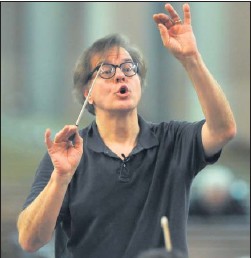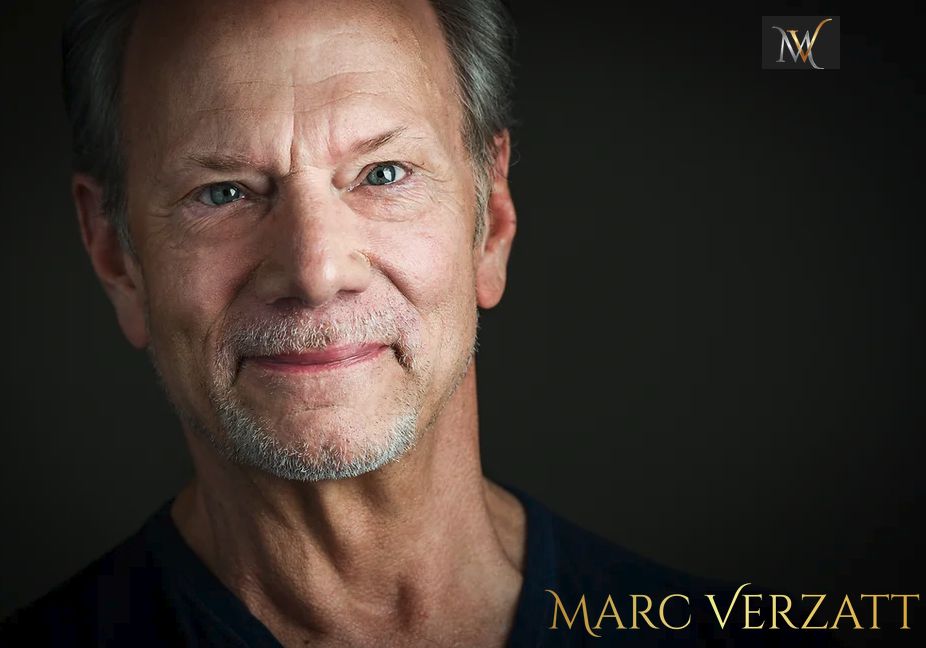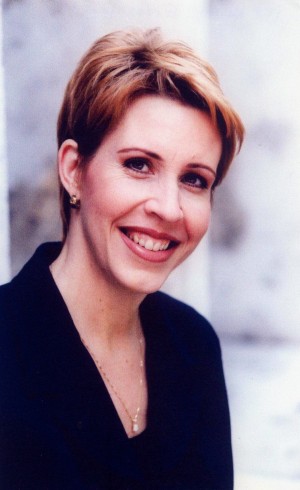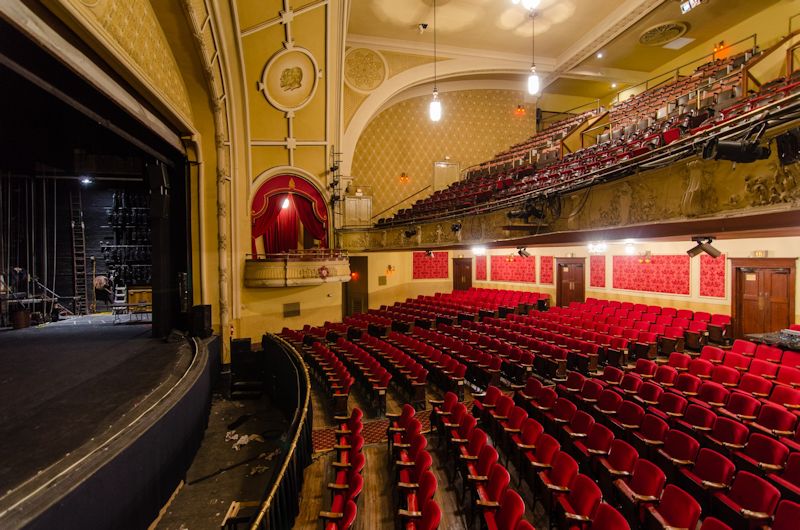Lawarence Rapchak served as Music Director of Chicago Opera Theater for five seasons, conducting the Chicago premieres of Berlioz’s Beatrice and Benedict, Ullmann’s Kaiser of Atlantis and Hagen’s Shining Brow.
 He also led the company’s acclaimed recording of Menotti’s The
Medium, of which the British Opera - The Rough Guide said “this
performance is so rivetingly theatrical, and much of the praise should
go to Lawrence Rapchak for his powerfully atmospheric direction,” while
Le Monde De La Musique wrote “Lawrence Rapchak
conducts this compact drama perfectly”.
He also led the company’s acclaimed recording of Menotti’s The
Medium, of which the British Opera - The Rough Guide said “this
performance is so rivetingly theatrical, and much of the praise should
go to Lawrence Rapchak for his powerfully atmospheric direction,” while
Le Monde De La Musique wrote “Lawrence Rapchak
conducts this compact drama perfectly”.
In his eighteen seasons as Music Director of the Northbrook Symphony Orchestra (IL), Mr. Rapchak conducted the Chicago-area premieres of Shostakovich's Symphony No. 2 and Michelangelo Suite, Richard Strauss' Panathenaenzug, Franz Schmidt's Symphony No. 1, the Hans Rott Symphony in E Major and the North American Premiere of the Symphony No. 4 in C minor by Josef Bohuslav Forster. He appeared with The Chicago Symphony and Maestro Christoph von Dohnanyi as auxiliary conductor in Ives Unanswered Question, and served as Director of Educational Projects for The Chicago Philharmonic in conjunction with the Ravinia Festival.
Mr. Rapchak has also conducted for Ravinia’s Kraft Saturday Morning Series, The Civic Orchestra of Chicago's community outreach programs, as well as guest appearances with the Rochester (NY) Philharmonic, Marion and Muncie (IN) Orchestras. He also served as Principal Guest Conductor of the Northwest Indiana Symphony, Music Director of Chamber Opera Chicago for eight seasons, and has guest conducted the Czech Radio Orchestra and the Louisville Orchestra in concerts and recordings of his own works.
His orchestral work Saetas was commissioned and premiered by the Chicago Symphony Orchestra under Neeme Järvi in 1997, and was hailed by the Chicago Sun Times as "the most welcome kind of new work." Saetas was subsequently performed by the Helsinki Philharmonic and the Cincinnati Symphony Orchestra. His works have also been performed by the Detroit Symphony, the Omaha Symphony and the National Orchestral Association in Carnegie Hall. Mr. Rapchak's Orloj and the chamber opera The Lifework of Juan Diaz, based on a story by Ray Bradbury, are also commercially available on CD, both with Mr. Rapchak conducting. He is listed in the authoritative Baker’s Biographical Dictionary of Musicians, edited by Nicholas Slonimsky, and has spent many seasons as pre-concert speaker for the Chicago Symphony Orchestra.
Mr. Rapchak was born in 1951 in Hammond, Indiana, and studied composition at the Cleveland Institute of Music with Donald Erb, Marcel Dick, and Leonardo Balada. He also studied conducting with James Levine. He now resides in Whiting, Indiana with his wife, Celeste, and their three whippets, Penny Pasta, Otis, and Katie O'Toole. He is the son of Chicago radio personality Mike Rapchak.
[This is my third interview with Rapchak. To read the first two, from 1989 and 1991, click HERE. To read the fourth, from 1996, click HERE.]



